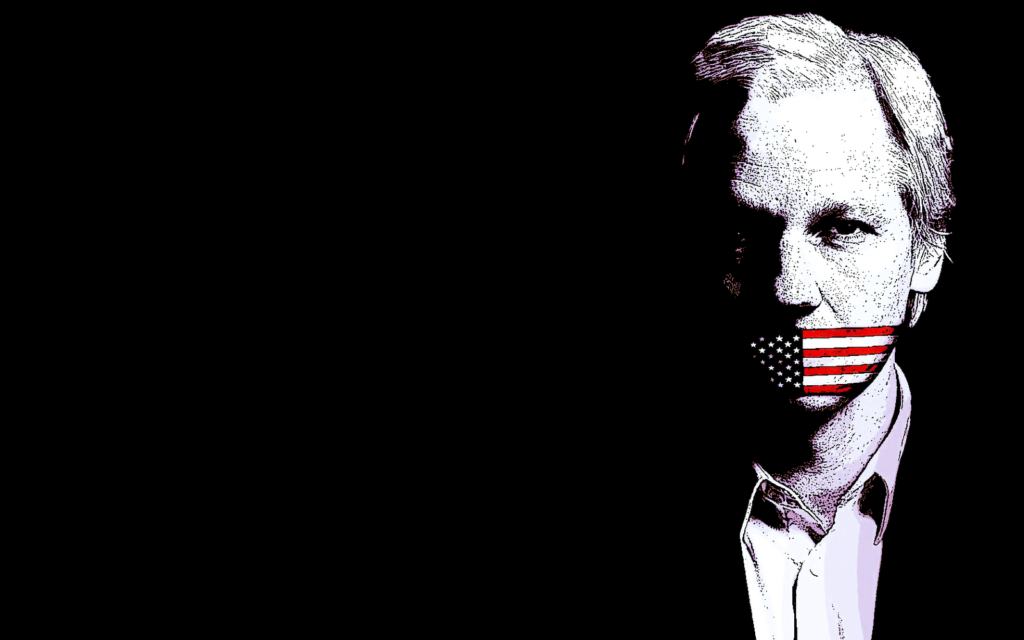Having watched Mad Max: Fury Road (2015) and Underground: The Julian Assange Story (2012) today, I decided to write about something more meaningful. Although Mad Max: Fury Road has received overwhelming reviews, it’s still totally avoidable. The other movie indeed needs more insight and discussion. Julian Assange and his life has been a source of concern for a decade now. Ever since he launched Wikileaks in 2006, he was under scrutiny. But the world came to know about him only in 2010 when he published Afghan War Logs. His intention and what he wanted to achieve was unclear to most of the world. He became the man of interest for the United States of America for his subsequent publications as well. So what made him to do everything should be a matter of concern. His early life was never discussed in a public forum until 2012. Although, Julian Assange never endorsed the movie but praised quite a lot about depiction, direction, and acting.
Later in 2013, Steven Spielberg’s Dreamworks intended to release their version about Julian Assange and his work by the name, The Fifth Estate. Ironicaly, the movie was based on books Inside WikiLeaks by Daniel Domscheit-Berg and WikiLeaks: Inside Julian Assange’s War on Secrecy by David Leigh and Luke Harding which are considered only half true and half misleading. Daniel Domscheit-Berg only presented his inferences with his version. Although he worked with Assange closely but chose to present only his side of the story. The movie was criticized heavily by Assange for transforming the work of fiction into facts. He even wrote to the lead actor, Benedict Cumberbatch describing about the motive behind the movie.
https://wikileaks.org/First-Letter-from-Julian-Assange.html
Assange claimed that the script is misleading and describes lies as facts.
https://wikileaks.org/IMG/html/wikileaks-dreamworks-memo.html
Even the actors involved in the movie,The Fifth Estate, described the screenplay and direction to be a work of some sort of personal vendatta against Assange. Personally, I also never liked Bill Condon as a director.
As depicted in the movie, Underground: The Julian Assange Story (2012), the early life of Julian Assange was mostly into computer hacking. That was the time when the world first saw Kevin Mitnick as the world’s first computer hacker (Cracker or a Black Hat). Assange was more into ethical hacking (White Hat) revealing the truths about U.S military operations in the Middle East. Later he realized that he should devote his life into some sort of journalism without any word limit or editing. He always believed that the facts shouldn’t be edited and published as it is. Julian along with his two friends Trax and Prime Suspect started their early work of hacking under the name of ‘International Subversives’. They claimed to only reveal the truth and not to steal anything. I quite liked the sound of 28.8 kbps modem while connecting. It may well be a 56 kbps modem but I doubt as in late 1980s, 56 kbps was still the dream. Although that sound of SNR (Signal to Noise ratio) reminded me of my own early works of connecting to the web. But mine was a 56 kbps and I never hacked into anything (just being loud and clear).
World wide web (www, or the triple w) was launched in 1992 allowing others to access the largest distributed database of the world. Juilan always emphasized about cryptography and that the world needs to understand that encryption would only take few hours but decryption could take several years. His contribution could also be understood by his work on various projects such as TCP port scanner Strobe.c written in C language and Surfraw written in Bourne Shell language connecting various search engines. He also described in his book, Cypherpunks, about the voice-data harvesting used for spying phone calls by agencies above us.
The movie only depicts his life till his arrest by the Australian Police on the account of hacking into U.S military database. But Robert Connolly depicted Julian in the most crude way possible. The movie never appealed polished but was still quite true to the facts. If you really believe investigative journalism is the need of the hour, then you should probably be pondering over the books written by unbiased authors on world politics and not fiction.
